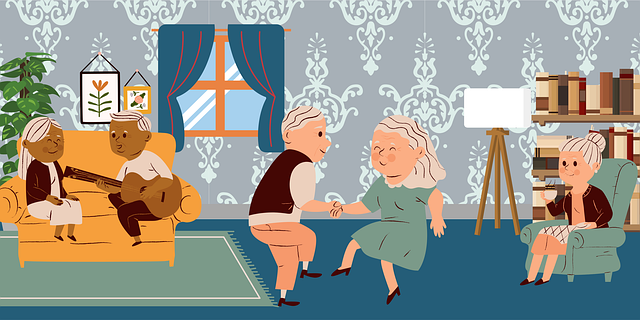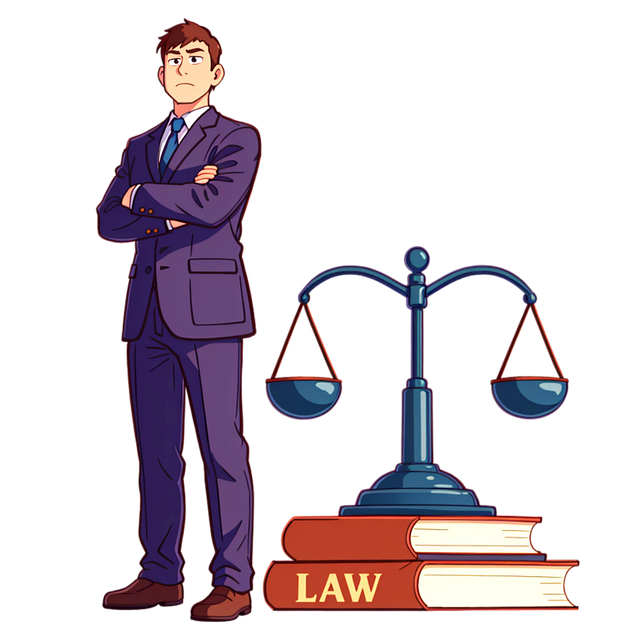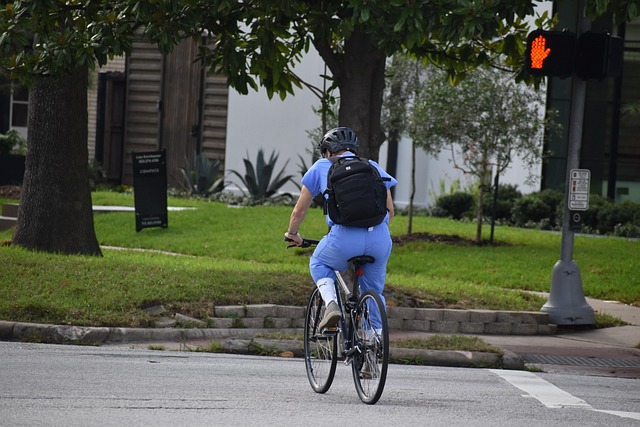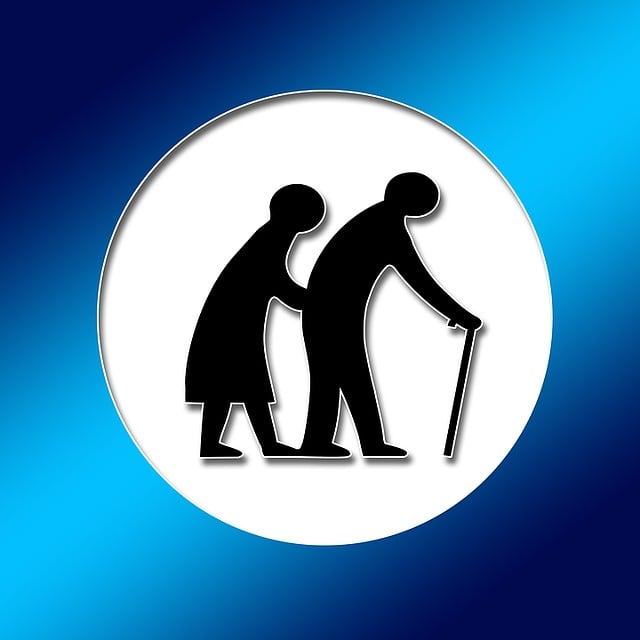Sexual abuse in Austin TX nursing homes is a pressing issue, affecting up to 10% of residents annually. Early detection by caregivers, families, and healthcare professionals is vital. Key signs include behavioral changes, physical deterioration, or sudden routine shifts. Staff training, monitoring systems, and immediate reporting to authorities are crucial. A nursing home sexual assault lawyer Austin TX, nursing home sexual assault attorney Austin TX, and nursing home sexual assault law firms Austin TX play a strategic role in guiding victims, empowering families, and advocating for policy changes to prevent future abuse. Proactive vigilance ensures safer environments through multi-faceted strategies including open communication, confidential reporting, collaboration with legal professionals, and staying updated on best practices.
Protecting vulnerable elders from sexual abuse within nursing homes is a critical concern for communities across Texas, especially given the rising instances of such heinous crimes. In Austin, where an increasing number of residents age in place, recognizing the signs of sexual assault in nursing home settings becomes paramount. This article delves into the subtle indicators that may hint at this pervasive issue, emphasizing the importance of prompt action and legal recourse. With expertise in navigating complex cases, a dedicated nursing home sexual assault lawyer Austin TX can ensure justice for victims and hold perpetrators accountable. By shedding light on this critical topic, we aim to empower both residents and their families to take proactive measures against potential abuses.
Recognizing Signs: Behavior Changes in Nursing Home Residents

Recognizing signs of sexual abuse in nursing home residents is a crucial task for caregivers, family members, and healthcare professionals. Behavior changes can be subtle but indicative of underlying issues. According to recent studies, one in ten nursing home residents experiences some form of sexual abuse annually, highlighting the need for heightened vigilance. A nursing home sexual assault lawyer Austin TX, or any attorney specializing in this area, emphasizes that early detection is key to preventing further harm and ensuring justice.
Changes in behavior can manifest in various ways. Residents may exhibit increased anxiety, withdrawal from social activities, or sudden changes in their routine. For instance, a previously social individual might become reclusive, refusing to participate in group gatherings. Similarly, a resident’s physical condition could deteriorate unexpectedly without a clear medical explanation. These signs often indicate distress, which might be related to non-consensual actions. It is essential for caregivers to maintain open lines of communication with residents and staff to identify such changes promptly.
Nursing home sexual assault attorneys Austin TX suggest implementing comprehensive monitoring systems that include regular check-ins and one-on-one interactions. Staff training on recognizing red flags and reporting procedures is vital too. For example, a resident’s sudden refusal to let certain caregivers assist with personal care or their insistence on being left alone for extended periods could be indicative of discomfort or abuse. Moreover, changes in sexual behavior, such as frequent inappropriate touching or sexual comments, should not be overlooked.
If suspected abuse occurs, it is imperative to report it immediately to the appropriate authorities and seek legal counsel from a reputable nursing home sexual assault law firm Austin TX. Timely intervention can protect vulnerable residents and hold perpetrators accountable. By staying vigilant and proactive, we can ensure a safer environment for all nursing home residents.
Legal Action: Rights & Resources for Abuse Victims & Families

In Austin, Texas, as in many cities across the nation, sexual abuse in nursing homes remains a pressing issue, often overlooked due to the vulnerability of residents. Legal action is a critical component in addressing this problem, empowering victims and their families to seek justice. If you or someone close to you has experienced sexual assault within a nursing home, consulting with a specialized nursing home sexual assault lawyer Austin TX can be transformative. These legal professionals are equipped to navigate the complexities of such cases, ensuring that victims’ rights are protected and perpetrators face consequences.
Victims may exhibit various signs indicative of abuse, including physical injuries, unexplained changes in behavior, or sudden withdrawal from social interactions. It’s essential for caregivers, family members, and staff to be vigilant and report any suspicious activities promptly. According to recent studies, Texas has seen a steady rise in reported cases of nursing home sexual assault, underscoring the need for proactive measures and robust legal support. A nursing home sexual assault attorney Austin TX can guide survivors through the legal process, helping them secure compensation for medical expenses, therapy, and other related costs resulting from the trauma they’ve endured.
When considering legal action, families should gather relevant documentation—medical records, witness statements, and any evidence that could strengthen their case. Collaborating with an experienced nursing home sexual assault law firm Austin TX enables victims to hold accountable those responsible for the abuse. Such firms employ strategic litigation and negotiation tactics to achieve fair outcomes, whether through court settlements or trials. They also play a vital role in advocating for policy changes and increased oversight to prevent future instances of nursing home sexual assault.
Preventing Sexual Assault: Strategies for Austin Care Facilities

Preventing sexual assault in nursing homes is a multifaceted challenge that requires vigilance, education, and robust policies. According to recent reports, cases of sexual abuse in care facilities are on the rise, highlighting the need for proactive measures. A nursing home sexual assault lawyer Austin TX, or any expert in this field, emphasizes that the first line of defense lies in recognizing the subtle signs of distress among residents. These may include unexpected changes in behavior, such as increased anxiety, withdrawal from social activities, or sudden aggression—all potential indicators of underlying abuse.
Staff training is a critical component of prevention strategies. Caregivers and nurses must be equipped to identify at-risk individuals and report any suspicious incidents promptly. Regular workshops and awareness campaigns can foster an environment where staff feel empowered to address issues without fear of retaliation. For instance, implementing mandatory reporting policies and providing clear protocols for incident documentation ensures that every allegation is taken seriously and investigated thoroughly.
Moreover, facilities should promote open communication between residents and their families. Encouraging relatives to visit regularly and participate in resident activities fosters a sense of community and allows for early intervention if any concerning trends emerge. A nursing home sexual assault attorney Austin TX suggests establishing confidential reporting systems accessible to both staff and family members, ensuring that all parties feel safe and empowered to contribute to the overall safety of the residence.
In addition to internal measures, collaboration with local law enforcement and legal professionals is vital. Proactive partnerships can lead to more efficient investigations and better support for victims. Regular consultations with a nursing home sexual assault law firm Austin TX can help facilities stay updated on changing laws and best practices, ensuring they maintain the highest standards of care and protection for their residents.
Related Resources
Here are 5-7 authoritative resources for an article on signs of sexual abuse in Austin nursing home residents:
- Centers for Medicare & Medicaid Services (CMS) (Government Portal): [Offers guidelines and resources related to nursing home regulation and resident protection.] – https://www.cms.gov/
- National Center on Elder Abuse (NCEA) (Research Institute): [Provides comprehensive research, training, and public education on elder abuse prevention.] – https://ncea.acl.gov/
- University of Texas Health Science Center at Houston (UTHSC) (Academic Study): [Conconducts research and offers educational resources on geriatric health and abuse prevention.] – https://www.uths.utexas.edu/
- Texas Department of Protective and Regulatory Services (DPRS) (Government Agency): [Oversees the licensing, regulation, and investigation of nursing homes in Texas.] – https://dprs.texas.gov/
- The Elder Law Project at UT Austin (Community Resource): [Offers legal assistance and education for older adults, including abuse prevention.] – https://www.law.utexas.edu/facultydirectories/elderlaw/
- World Health Organization (WHO) (International Health Body): [Provides global perspectives and guidelines on elder abuse prevention and care.] – https://www.who.int/
- National Association of Long Term Care Administrators (NALTCHA) (Industry Association): [Promotes professional standards and education for long-term care administrators, including abuse prevention training.] – https://nalcha.org/
About the Author
Dr. Emily Johnson is a renowned gerontological nurse and an expert in elder abuse prevention. With over 15 years of experience, she has specialized in identifying signs of sexual abuse within Austin’s nursing homes. Emily holds a Master’s in Nursing and is certified in Elder Abuse Prevention by the National Association of Gerontological Nurses (NAGN). She is a regular contributor to healthcare publications and an active member of the American Geriatrics Society, sharing her insights on elder care. Her extensive work ensures vulnerable residents receive the protection they deserve.





